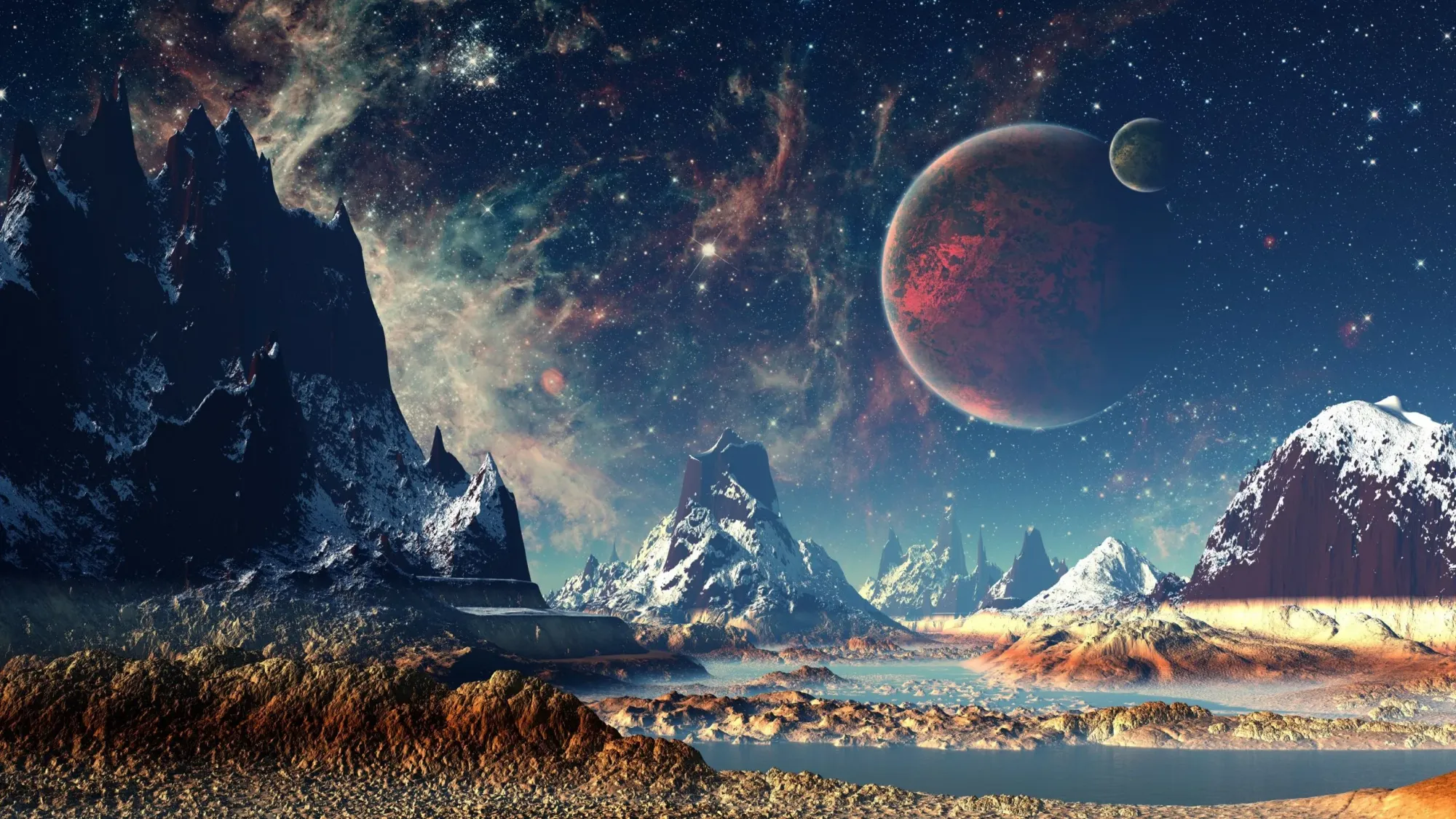The Enigma of Intelligent Life: Is Earth Truly Unique?
The vastness of the universe raises a fundamental question: Are we alone? Amidst the endless expanse and the wealth of cosmic ingredients, could Earth be the sole harborer of intelligent life? As scientists continue to unravel the mysteries of the cosmos, this question remains at the forefront of human curiosity.

The vastness of the universe raises a fundamental question: Are we alone? Amidst the endless expanse and the wealth of cosmic ingredients, could Earth be the sole harborer of intelligent life? As scientists continue to unravel the mysteries of the cosmos, this question remains at the forefront of human curiosity.
A Glimpse Into the Universe's Bounty
The Universe, as we currently understand, is not just an expanse filled with stars, galaxies, and planets. There's potentially a much larger part of the Universe that remains unobservable to us, with theories suggesting the existence of an inflationary multiverse where our Universe resides as just one pocket among countless others.
Despite our advancements in understanding this vastness, a significant question remains unanswered: How alone are we? This haunting question was poignantly articulated by Ronald Rainge, who pondered, “With a universe so incomprehensibly vast, and the possibility of multiverses, could Earth truly be the only planet hosting high-level intelligent life?”
Deciphering the Data: What We Know and What We Assume
To answer this, we must first break down our knowledge into three categories:
- Known truths as of 2023,
- Assumptions based on current knowledge,
- Remaining unknowns, even with today's best knowledge.
Thanks to relentless scientific endeavors, we now know the approximate number of stars in the Universe, the percentages akin to our Sun, and the likelihood of them harboring rocky planets. Approximately 5,000 exoplanets have been confirmed as of 2023, yet none are conclusively known to host life.
Underlying our search for extraterrestrial life are several fundamental assumptions, including the belief that life spontaneously arose from non-life through natural processes. We also assume that the laws of physics remain consistent across the Universe and that life, by definition, can extract energy, process it (i.e., has a metabolism), and reproduce.
The Realm of Speculation: Many Questions, Few Answers
Venturing further requires embracing speculation. Key unresolved questions include understanding the mechanisms by which life originates from non-life and discerning the frequency and longevity of life on planets where it does arise. Another profound question centers on the likelihood of such life eventually evolving into intelligent, perhaps even technologically advanced, beings.
However, there are grounds for cautious optimism. The leading theory about life's origin points to a process called peptide-RNA coevolution. This process suggests that amino acids, the fundamental building blocks of proteins, spontaneously formed in watery environments rich in energy. These amino acids can then synthesize into peptides and proteins, eventually leading to life forms that can reproduce.
Nevertheless, we have no concrete evidence to assign probabilities to these steps leading from non-life to intelligent life. While Earth provides a singular example of this progression, it doesn't provide a basis for predicting its frequency elsewhere.
A Hopeful Look Ahead
Despite our lack of definitive answers, scientists largely believe that life – in some form – likely exists beyond Earth. The Milky Way alone might be teeming with thousands or even millions of life-bearing worlds. But the nature of such life remains speculative.
Were Earth's evolutionary steps, leading from microbial life to intelligent beings, a cosmic rarity, or are such paths relatively common? The answers remain elusive. But one thing is certain: as soon as we find even a single example of life beyond Earth, our perspective on our place in the cosmos will be forever transformed.
For now, we patiently continue our quest, eagerly awaiting the day when data, not just speculation, will shed light on the Universe's most profound mystery.




